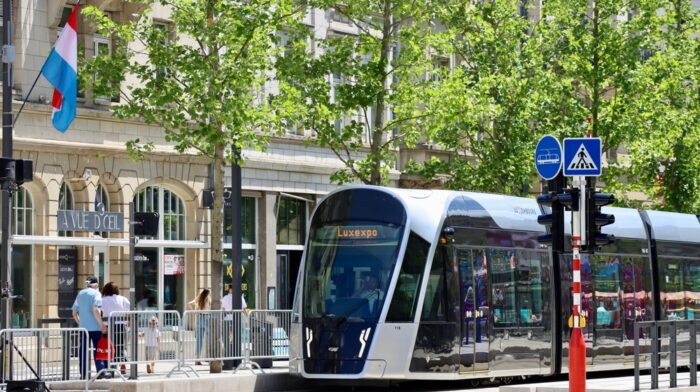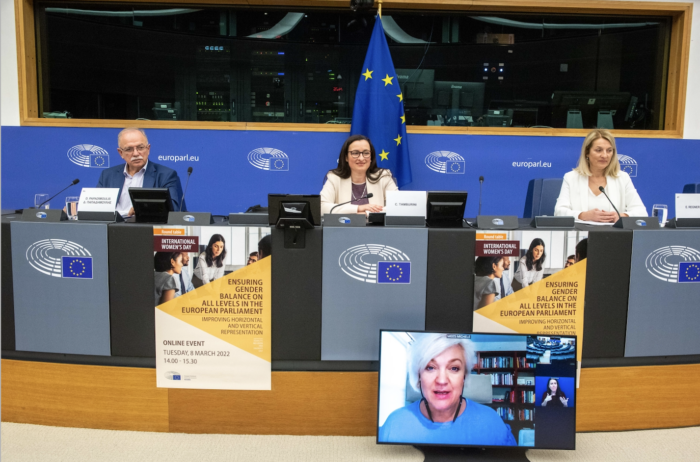The Progressive Post
The new European Parliament: tackling the triple injustice of climate change
The recent election to the European Parliament marked a turning point in the EU’s history: for the first time, rising concerns about climate change and environmental degradation became a significant factor in electoral choices. Climate change and social inequality, however, are linked. We are faced with a multiple injustice that results from different levels of contributions to greenhouse gas emissions, the unequal vulnerability to climate change itself, the effects of policies addressing climate change; and the uneven distribution of capacities to adapt and cope.
To deliver on citizens’ expectations, the new European Parliament will have to address the issue of justice, which is at the heart of all environmental challenges, especially climate change. Put simply, the impacts of climate change hits those hardest who have least contributed to the problem – whether they are individuals, communities or countries.
In Europe, the share of the top fifth of households in total income (45%) broadly correlates with its share in the carbon footprint (37%). This is also true for the bottom fifth, which have 6% of the total income and 8% of the carbon footprint. This means that even if more well-off European citizens have proportionally less impact on emissions per unit of consumption, overall, they place a much greater weight on the planet than the average population.
The difference is even more pronounced on the global scale. Already in 2015, Oxfam revealed that the world’s richest 10% were accountable for more than 50% of carbon emissions, while the poorest half – 3.5 billion people – were only accountable for 10%.
But in Europe – as in most other parts of the world – not everyone is on an equal footing when faced with environmental hazards or the effects of climate change. According to the European Environment Agency, particularly in urban areas, low-income families tend to live in a less healthy environment and suffer from multiple sources of vulnerability, compared to high-income households.
Their housing is often poorly insulated, and they lack access to green recreational facilities and to fresh and nutritional foods. They also face greater challenges in terms of affording energy and mobility. Finally, more impoverished areas are often hot spots for air pollution – think of Molenbeek in Brussels, Tower Hamlets in London or Central Long Beach in California.
From poor respiratory health to negative language development, these factors already have a negative impact on childhood development, and on health and life expectancy. But apart from poverty, other dimensions of inequality – including gender, ethnicity and age – are likely to interplay with climate change.
In both the public and private sectors in Europe, for instance, there is a lack of female leadership in areas focusing on climate change, with less than one in five women in high-level positions in related ministries. When it comes to ethnicity, thanks to activism by the Black Lives Matter movement, we’ve become more attuned to the fact that black people are often disproportionately impacted by air pollution because they are more likely to live in close proximity to airports and polluting industries.
Without decisive action, Europe’s youth and the next generations risk being left with a crippling ecological debt. Indigenous peoples of Europe, like the Saami, or those living in the outermost regions, might not only lose their livelihood but also their way of life and culture. In the absence of specific adaptation policies in favour of poor people, the increased occurrence of climate-related natural disasters will only make this situation worse.
Poorer people are less well insured than their richer counterparts and are likely to have less coping capacity in the face of major disruptions, like losing their houses. Amongst poorer segments of the population, households with female heads and the elderly are likely to be even more affected.
While the benefits of the sustainability transition are clearly established for society as a whole, the transition will require major public and private investments – at household, company and country level.
This transition will also lead to major economic and social disruption, with an impact on the prices and availability of essential goods and services (food, energy, mobility, lifestyles), on income opportunities (employment, wages and livelihoods), and on the prices housing, among other assets. And as these impacts might be transitory or permanent, there is a risk that the costs and benefits will be unfairly distributed, contributing to a further rise of inequalities.
Not everyone is on an equal footing when faced with environmental hazards or the effects of climate change. Particularly in urban areas, low-income families tend to live in a less healthy environment and suffer from multiple sources of vulnerability.
Climate injustice does not stop at Europe’s borders. The world’s poorest people are already suffering greatly from the effects of climate change – and they are falling further behind. At the same time, countries most responsible for the world’s emissions and most capable of decarbonising – given their income levels and access to technology – are making less than their fair share of effort.
In fact, while the majority of poorer countries have pledged to fulfil their fair share in climate mitigation, the same has not been true for many of their richer counterparts. According to research based on the Climate Equity Reference project, the EU’s current commitment represents only around a fifth of its fair share of efforts, in contrast to China’s pledge, which is much closer to its fair share.
Within this context, Europe bears a unique responsibility to bring about climate justice. Firstly, by showing that decarbonisation is possible even while maintaining or increasing the well-being of all its citizens – including the poorest and most vulnerable. The same is true for strengthening social justice. Europe also urgently needs to help other regions of the world achieve sustainable equality, especially in its own neighbourhood and in Africa.
According to the latest UN figures, we have only 11 years left before we face irreparable damage from climate change, so the new European Parliament will need to translate words into action without any delay.





